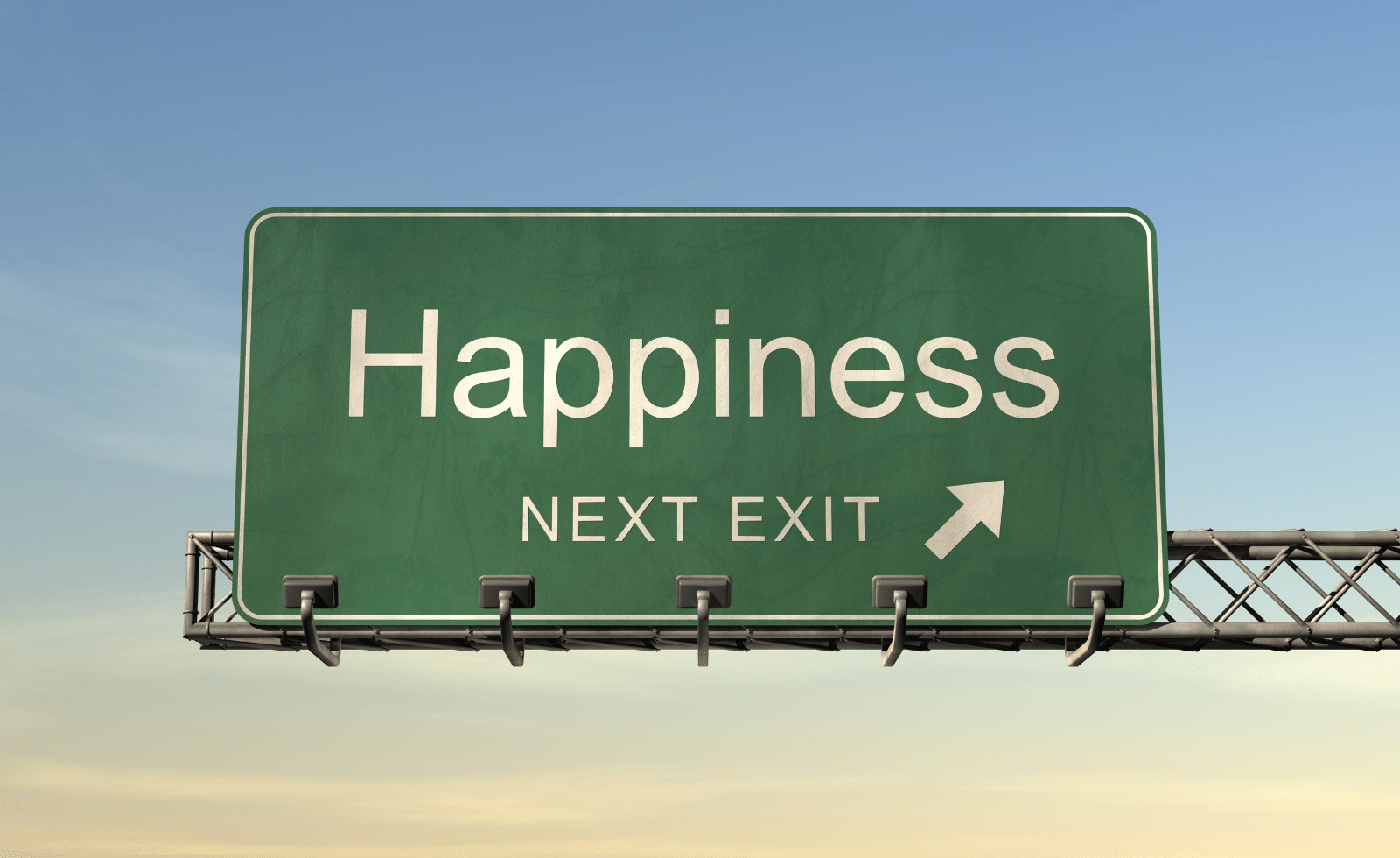If you want to be happy, stop trying to be happy. A new study published in Current Opinion in Behavioral Sciences revealed this surprising paradox.
But, how does that work? Shouldn’t you be intentional about your mental health? Isn’t positivity cultivated on a regular basis? The explanation lies in the process of chasing happiness – how you do it matters – as well as the way your concern about happiness manifests – valuing happiness too much is counterproductive.
Why Chasing Happiness Can Be Counterproductive

Psychologist Felicia Zerwas, one of the researchers behind the study, explained in an interview with Therapytips.org that there are two elements of the pursuit of happiness that can “make or break” the outcome.
The first one is the strategies that you use to seek happiness and improve your life. Prioritizing activities that bring positive feelings into your daily life is an evidence-based strategy to actually feel joy, according to Zerwas. If you’re someone who views happiness as an important goal and you focus on doing things that make you happy on a regular basis, those tendencies are probably harmless.
The second one is the extent to which you feel bad about your emotions while striving to be happy.
This is counterproductive. “Feeling badly about our emotions during the pursuit of happiness is counterproductive to the goal of feeling happy and makes attaining happiness less likely,” shared Zerwas in the interview. If you are someone who is overly preoccupied with being happy and judge whether you are happy enough in a given moment, that’s when you’ll run into trouble. “Our theorizing suggests this tendency gets in the way of attaining happiness by introducing negative feelings into the pursuit of happiness,” according to Zerwas.
Common Fallacies That Set You Up For Disappointment
The study showed that one of the common fallacies with the pursuit of happiness is that people don’t always know what will make them happy. This leads them to engage in strategies that backfire, such as consuming material things in the hopes of feeling contentment.
“The challenge with being hyper-focused on finding happiness is that happiness is a concept, which means there is no clear definition and therefore no easily measurable way to achieve it. For many people, happiness is a vague, general idea rather than a well-defined and
clear objective,” says trauma expert Danny Greeves.
According to Zerwas, the other fallacy is thinking you must be happy all the time. We live in a world that highly values positive feelings as a reward, but the human experience includes a variety of emotions and striving to be happy all the time will actually decrease your well-being. It’s also easy to engage in negative comparisons when you perceive happiness as an ideal state that involves perpetually feeling good.
“The bigger challenge with finding happiness is that we often visualize it as some kind of fantasy lifestyle. Of course, this fantasy version of happiness is not grounded in reality and therefore when we compare what we actually have to the fantasy version, the real-life version always loses, which decreases our mood and wellbeing,” says Greeves.
What To Aim For Instead
Instead, focusing on embracing and accepting the range of emotions can help you stay anchored in the present moment, where you will be more likely to experience happiness. “I don’t find the study results to be that shocking or groundbreaking considering what the mental health field knows about emotions and long-term emotion regulation. In other words, when we focus on one thing above all else (such as happiness), we lose out on enjoying the present,” according to Allie Kidd, LISW-S, an EMDR-trained therapist.
“Instead of aiming toward happiness as the end goal, it’s more helpful and achievable to aim for finding moments of joy built into our everyday lives,” she says.



